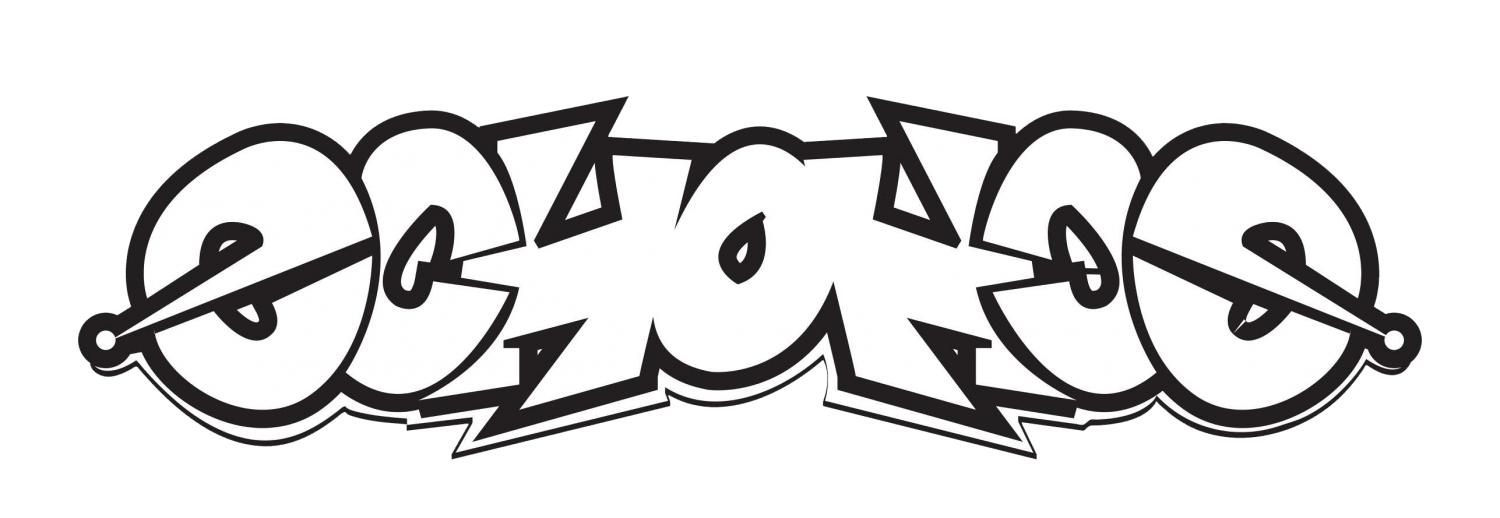Greg Toppo, USATODAY 5:08 p.m. EDT March 31, 2014
In the next month, Kwasi Enin must make a tough decision: Which of the eight Ivy League universities should he attend this fall?
A first-generation American from Shirley, N.Y., the 17-year-old violist and aspiring physician applied to all eight, from Brown to Yale.
The responses began rolling in over the past few months, and by late last week when he opened an e-mail from Harvard, he found he’d been accepted to every one. School district officials provided scanned copies of acceptance letters from all eight on Monday. Yale confirmed that it was holding a spot for Enin.
The feat is extremely rare, say college counselors — few students even apply to all eight, because each seeks different qualities in their freshman class. Almost none are invited to attend them all. The Ivy League colleges are among the nation’s most elite.
“My heart skipped a beat when he told me he was applying to all eight,” says Nancy Winkler, a guidance counselor at William Floyd High School, where Enin attends class. In 29 years as a counselor, she says, she’s never seen anything like this. “It’s a big deal when we have students apply to one or two Ivies. To get into one or two is huge. It was extraordinary.”
For most of the eight schools, acceptance comes rarely, even among the USA’s top students. At the top end, Cornell University admitted only 14% of applicants. Harvard accepted just 5.9%.
But Enin has “a lot of things in his favor,” says college admissions expert Katherine Cohen, CEO and founder of IvyWise, a New York-based consulting firm.
For one thing, he’s a young man. “Colleges are looking for great boys,” Cohen says. Application pools these days skew heavily toward girls: The U.S. Department of Education estimates that females comprised 57% of college students in degree-granting institutions last year. Colleges — especially elite ones — are struggling to keep male/female ratios even, so admitting academically gifted young men like Enin gives them an advantage.
He ranks No. 11 in a class of 647 at William Floyd, a large public school on Long Island’s south shore. That puts him in the top 2% of his class. His SAT score, at 2,250 out of 2,400 points, puts him in the 99th percentile for African-American students.
He will also have taken 11 Advanced Placement courses by the time he graduates this spring. He’s a musician who sings in the school’s a capella group and volunteers at Stony Brook University Hospital’s radiology department. Enin plans to study medicine, as did both of his parents. They emigrated to New York from Ghana in the 1980s and studied at public colleges nearby. Both are nurses.
Being a first-generation American from Ghana also helps him stand out, Cohen says. “He’s not a typical African-American kid.”
Enin says he got the idea to apply to all eight in 10th or 11th grade, discovering that each has “their own sense of school spirit” and other qualities he liked. He also applied to three State University of New York campuses and Duke — and yes, they have all accepted him.
In a phone interview, Enin said Princeton so far has offered the most generous aid package. But he has yet to get offers from Columbia, Cornell or Harvard. Either way, he’ll need to accept a place in the class of 2018 somewhere by May 1. He wants to pursue both music and medicine.
Cohen says he’s “sitting in a very good place right now — I think he can negotiate the very best financial aid package he can get” at his top-choice school. “Almost any of them would do anything for this type of candidate,” Cohen says.
She advises that Enin call or write each of the eight and let them know that he’s got a slot in each other’s freshman class. They’ll compete to get him to show up in the fall.
Once he decides, she says, he should write letters to the seven runners-up saying he’s “honored to have been admitted.” After all, he’s got to keep his options open for graduate school.

